UK Sport Funding changes impact on Weightlifting
Statement from BWL CEO Ashley Metcalfe
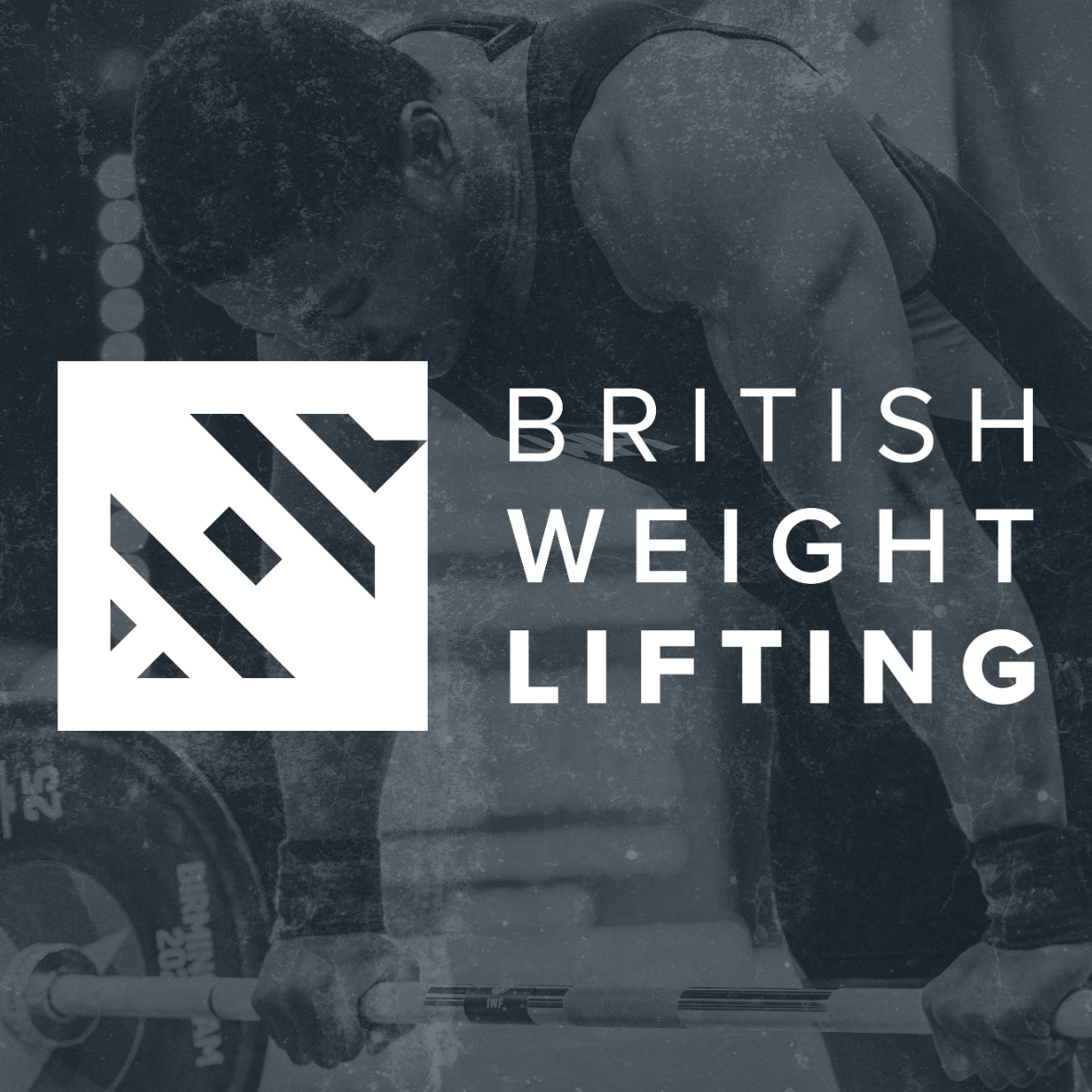
There has been some comment, possibly ill-informed, on social media following a recent article in the online press. It is important that those who chose to be critical need to better understand why British Weight Lifting, in common with other sport bodies must explore a range of funding options to ensure all lifters with Olympic ambitions do not exclude themselves from Tokyo qualification by missing the forthcoming first key ranking event in November this year – the IWF World Seniors in Turkmenistan.
The qualification system for Tokyo has changed. All lifters have to qualify through world and continental ranking positions gained at pre-agreed competitions. It is essential that all with potential and ambition will have to compete in the next two IWF World Seniors and European Championships.
Since UK Sport’s investment decision in December 2016, the impact on our sport (and others) has been significant. With the current policy unlikely to change, the implications for weightlifting are huge because our sport, despite its undoubted potential, does not have a history of delivering multiple Olympic medal successes.
UK Sport’s current strategy is to fund only those sports with a track record of delivering a minimum of 1 to 2 medals (classified as Tier 3 sports) and above. Those classified as Tier 4 like British Weight Lifting now miss out. With 2 Paralympic medals achieved in Rio, BWL still receives UK Sport funding for its Para-Powerlifting team (£1.1m over the 4-year cycle). But this is ring-fenced investment to secure further medal success in this form of the sport only. It cannot be applied to Olympic weightlifting.
Although BWL received an increase in funding from Sport England to grow and develop the sport in England, their strategy is focused on making more people active and creating fitter, healthier communities. We receive approximately £100,000 pa, which is hugely appreciated to grow and develop our Talent Pathway. But Sport England’s clear remit is that it is not their responsibility to support English lifters once they reach International standard.
The Sport England funding of £2.6m over the 4-year cycle is subject to achieving pre-agreed milestones around improving the sport’s core offer. Their investment tapers substantially during the current funding cycle. In an environment where future Government funding is uncertain and public investment is likely to reduce, BWL is obliged to become a sustainable organisation without the dependency upon public investment levels that characterised the sporting landscape leading up to London 2012. Instead, we must generate more of our own income streams.
Our strategy to meet key Sport England milestones has always been available on our website. We are required to grow our education offering year on year, which increases our impact and influence on a wider audience. We must ensure an equal gender split at all competitions, which need to grow in number and quality and ensure 38% of our membership is derived from less well-off socio-economic areas (measured by indices of multiple deprivation). We are targeted to grow the numbers of talented young individuals on our pathway and must meet financial targets that fill the gap left by decreasing public funds and ensure sustainability. BWL currently receives around £200,000 less this year than last from Sport England and their investment will continue to reduce over the remainder of this funding cycle. Filling the gap created by diminishing public investment is challenging. Operating within a budget requires difficult decisions.
Critically, all investment from both Sport England and UK Sport is ring-fenced, with pre-agreed projects and interventions. With no targets set for our English or GB lifters in international competitions, there is no investment available to fund elite athletes and their attendance at key international competitions or the required supporting infrastructure.
Nonetheless, BWL continues to offer opportunities for lifters to train at the Loughborough Performance gym, with a Head of Coaching available to support the improvement of all individuals and coaches. There are also opportunities through TASS for lifters to gain a level of funding and medical support, for which we are also extremely grateful. Additionally, BWL covers the costs of our International Arena coaches to support the lifters on the buildup to and at competitions.
BWL has, together with sports in a similar position as a consequence of the withdrawal of UK Sport’s funding for elite development, been lobbying the Government, UK Sport and others for change and the reinstatement of a basic investment. This would be to enable lifters to have an opportunity to attend key qualifying events and provide the best possible chances to qualify for the Tokyo games. Progress has been made and there appears to be a growing appetite to discuss change, but it may, sadly, come too late to impact on the Tokyo cycle.
Whilst there are many who believe the Government should support sport at all levels in the UK for the positive impact it plays across all society, there is no entitlement; public investment has to be earned. BWL’s Board is acutely aware of the pressures on the public purse and have to operate in a financially responsible and prudent way that acknowledges the harsh reality that we should not expect the same levels of investment into all NGBs that have prevailed previously, and that have been deployed to good effect in improving elite and grassroots performance.
However, with no reserves built up over many decades to draw upon, the loss of UK Sport funding has had a significant impact. Their withdrawal of funding has forced the organisation to review its
commercial strategy with the need to grow more of its own revenues, operate within a tight and reducing budget and allocate resources accordingly.
At the London 2012 Games, UK Sport invested the public’s Lottery money into 70% of Olympic and Paralympic sports. At Rio 2016 this figure reduced to 64% and in Tokyo 2020, the investment is likely to be in the region of just 48%. With less Lottery revenues predicted post 2020, UK Sport’s current policy is looking like fast becoming an exclusive club with fewer and fewer members benefiting from public investment.
Despite not only meeting, but exceeding the target set for Commonwealth Games medals this year at the Gold Coast – with six medals for England and two for Wales - we are still having to convince UK Sport that we have future Olympic medal potential. We are one of many sports left wondering what it has to do to receive investment that can support our current athletes, their aspirations and their future potential. Sadly, our talent system and performance structure have been affected adversely. With no immediate prospect of UK funding being restored, we have to consider other ways of helping athletes to realise potential.
In order to be successful globally and have a chance of competing at the Tokyo Olympics, as the Governing Body, we need to find different ways to support our athletes to travel to International competitions as part of the Olympic qualification process. These competitions are expensive, with an average cost of £2,000 per person to include flights, accommodation and accreditations. To take a full team to the World Championships in Turkmenistan will cost in excess of £30,000 which despite all its best efforts, BWL just does not have.
We recently held an open and honest discussion with our elite athletes and coaches to discuss ways of achieving everyone’s goals. Our lifters are now aware that they need to contribute to their own travel (and accommodation) in order to have a chance of qualifying. There are six qualification competitions which they need to attend, starting with the World Championship in Turkmenistan this November. Many of our athletes have taken this on board positively and are already coming up with creative ideas to secure their own individual funding and some have already seen donations coming in. Unfortunately, a few have chosen to take an alternative view and express those views on social media rather than engage proactively with the governing body.
The whole situation is far from ideal and a position we have managed to avoid in the past. It is massively challenging for all involved and in so many ways is unfair for a sport and lifters that have improved dramatically over the past five or six years and which have the potential to improve further in future.
Britain has had weightlifters at every Olympic Games since Berlin 1936 and we are determined that this will continue. Like all NGBs, we are working extremely hard to attract new partners, but without current or historical success, this is far from easy.
In the meantime, if anyone would like more information on how they can help to support our lifters in their quest for Olympic qualification or has any further questions please do not hesitate to drop me an email or call me at the office:
T: 0113 2249 402
E: Ashley.metcalfe@britishweightlifting.org
Partners
-
 Official Partner
Official Partner
-
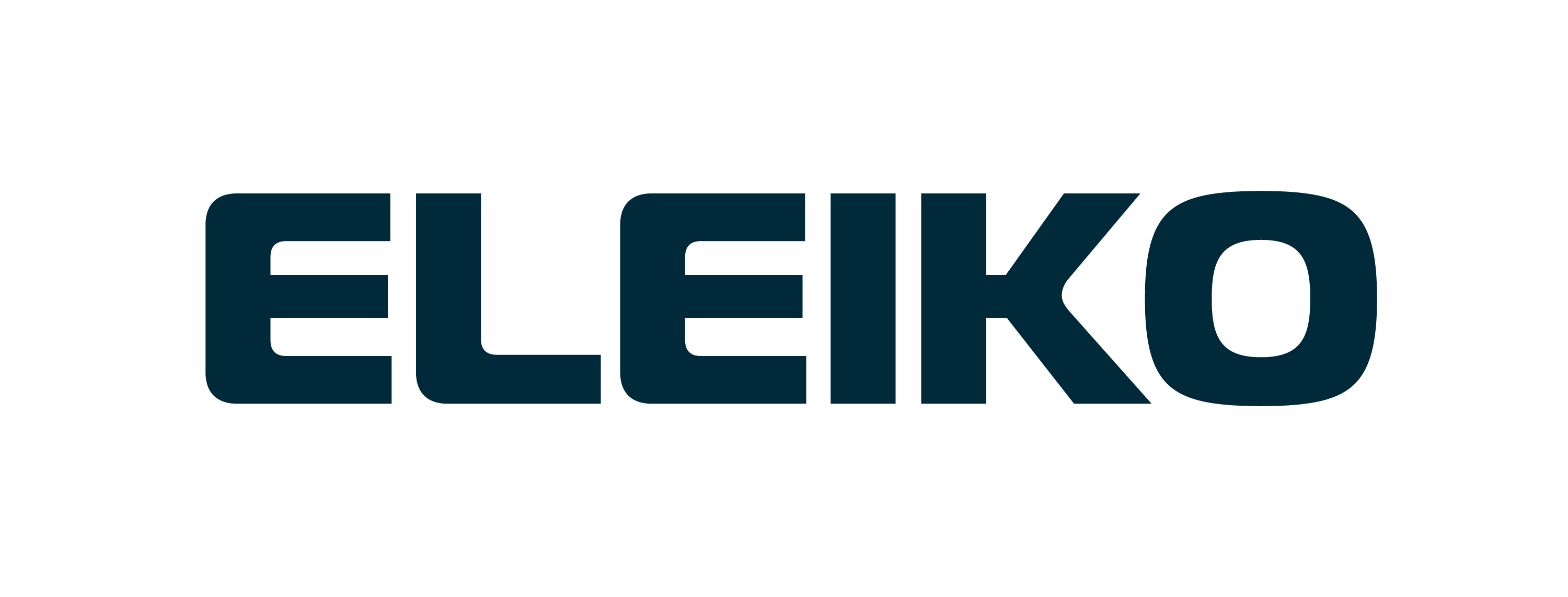 Official Equipment Partner
Official Equipment Partner
-
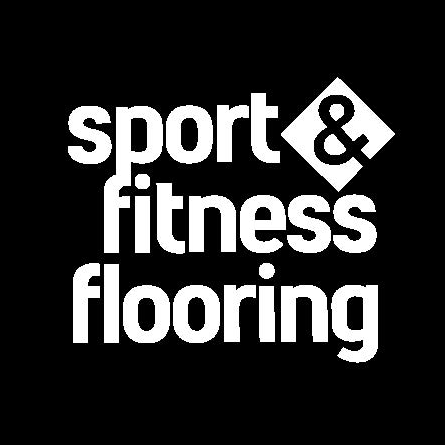 Official Partner
Official Partner
-
 Official Partner
Official Partner
-
 Official Photography Agency
Official Photography Agency
-
 Official Partner
Official Partner
-
 Official Partner
Official Partner
-
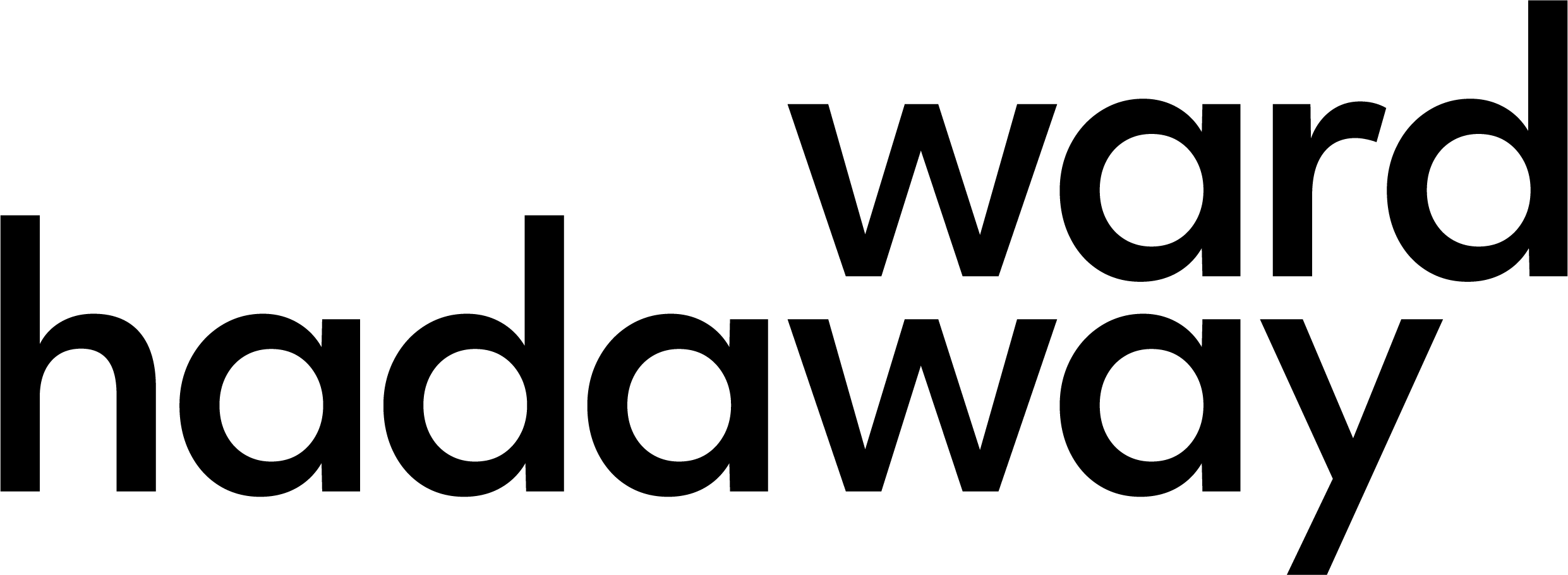 Official Partner
Official Partner
-
 Official Partner
Official Partner
-
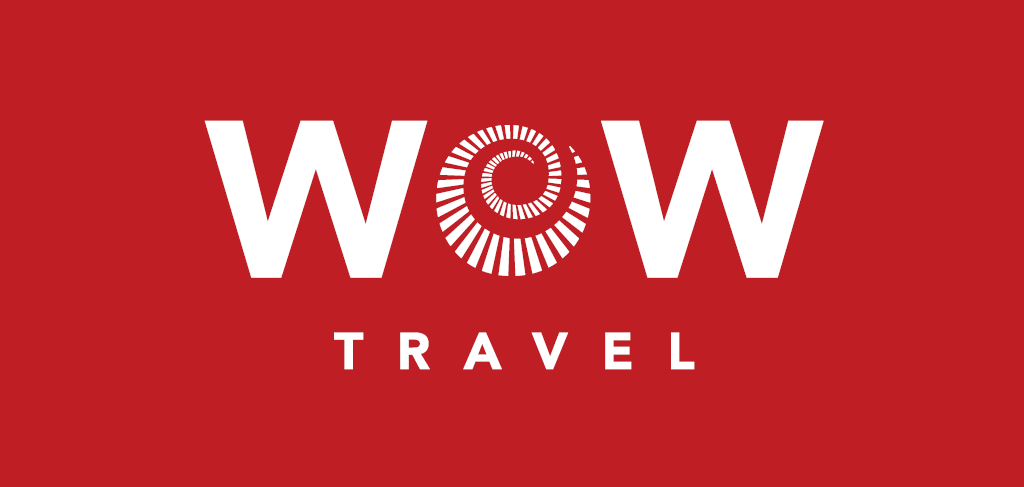 Official Travel Partner
Official Travel Partner
-
 Partner
Partner
-
 Funding Partner
Funding Partner
-
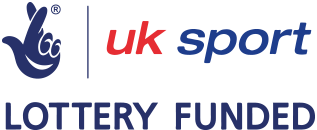 Funding Partner
Funding Partner
-
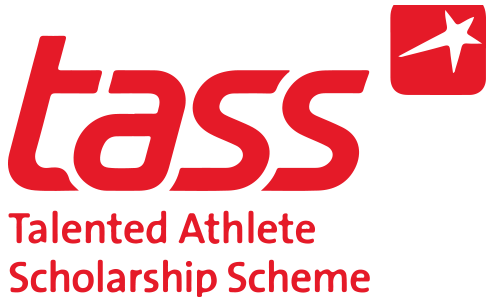 Funding Partner
Funding Partner
-
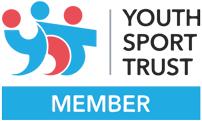 Official Strategic Partner
Official Strategic Partner
-
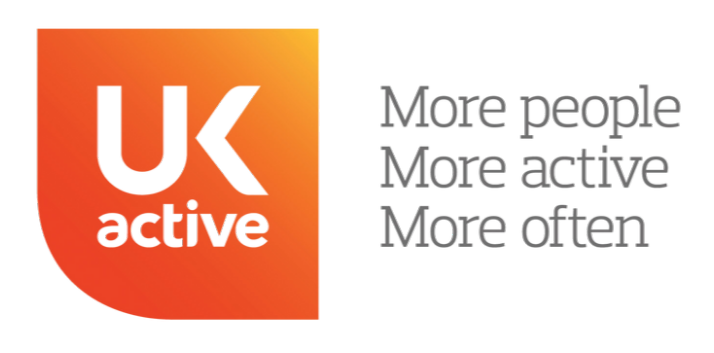 Official Strategic Partner
Official Strategic Partner
-
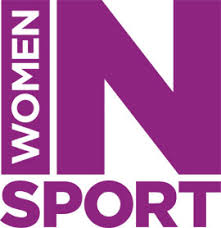 Official Strategic Partner
Official Strategic Partner
-
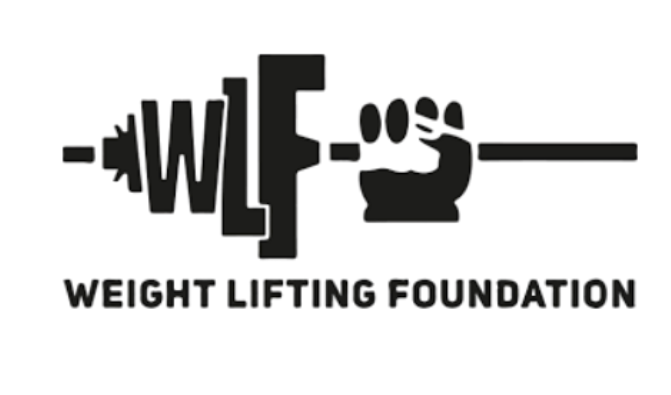 Weight Lifting Foundation Charity
Weight Lifting Foundation Charity
-
 Official ELearning Partner
Official ELearning Partner
-
 Official Awarding Organisation
Official Awarding Organisation
-
 Official Course Endorsement
Official Course Endorsement


